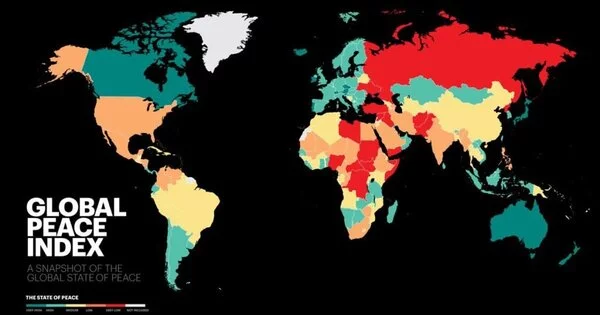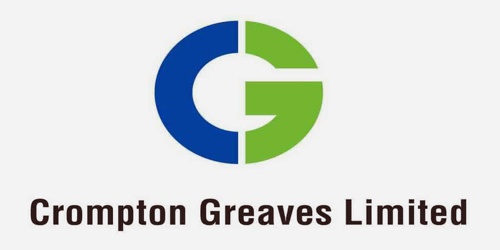The Global Peace Index (GPI) is a measure of the relative peacefulness of countries and regions around the world. The Global Peace Index (GPI) is a report created by the Institute for Economics and Peace (IEP) that assesses the relative peacefulness of nations and regions. It is created by the Institute for Economics and Peace (IEP), an independent think tank dedicated to analyzing and advocating a more peaceful world.
The GPI is intended to provide a complete assessment of global peace by taking into consideration many elements connected to conflict, safety, and security. The GPI rates 163 independent governments and territories (representing 99.7% of the world’s population) based on their levels of peace. The GPI is calculated based on a wide range of indicators, including:
- Levels of violence and crime.
- Political instability.
- Military expenditure.
- Relations with neighboring countries.
- Respect for human rights.
- Political terror.
- Homicide rates.
- Access to weapons.
- Internal and external conflicts.
- Levels of corruption.
The GPI is created in collaboration with an international panel of peace specialists from peace institutes and think tanks, and data is gathered and compiled by the Economist Intelligence Unit. The Index was originally published in May 2009, with additional editions published on an annual basis. It ranked 165 countries in 2015, up from 121 in 2007.
Based on these indicators, each country is awarded a score, and the scores are used to rank the countries from most peaceful to least peaceful. The higher a country’s GPI rating, the more peaceful it is thought to be. Countries experiencing conflict or political instability tend to rank lower in the Global Peace Index, with Iceland, New Zealand, and Portugal frequently ranking high.
The study was conceived by Australian technology entrepreneur Steve Killelea, and is endorsed by individuals such as former UN Secretary-General Kofi Annan, the Dalai Lama, archbishop Desmond Tutu, former President of Finland and 2008 Nobel Peace Prize laureate Martti Ahtisaari, Nobel laureate Muhammad Yunus, economist Jeffrey Sachs, former president of Ireland Mary Robinson, former Deputy Secretary-General of the United Nations Jan Eliasson and former United States president Jimmy Carter. The updated index is released each year at events in London, Washington, DC, and at the United Nations Secretariat in New York.
The Global Peace Index (GPI) is a useful tool for policymakers, researchers, and the general public to measure and compare the level of peace in various countries and areas. It can aid in the identification of peace and conflict trends, providing for a better understanding of the variables that contribute to peaceful civilizations. The index is updated annually and provides insights into the current situation of global peace.
















